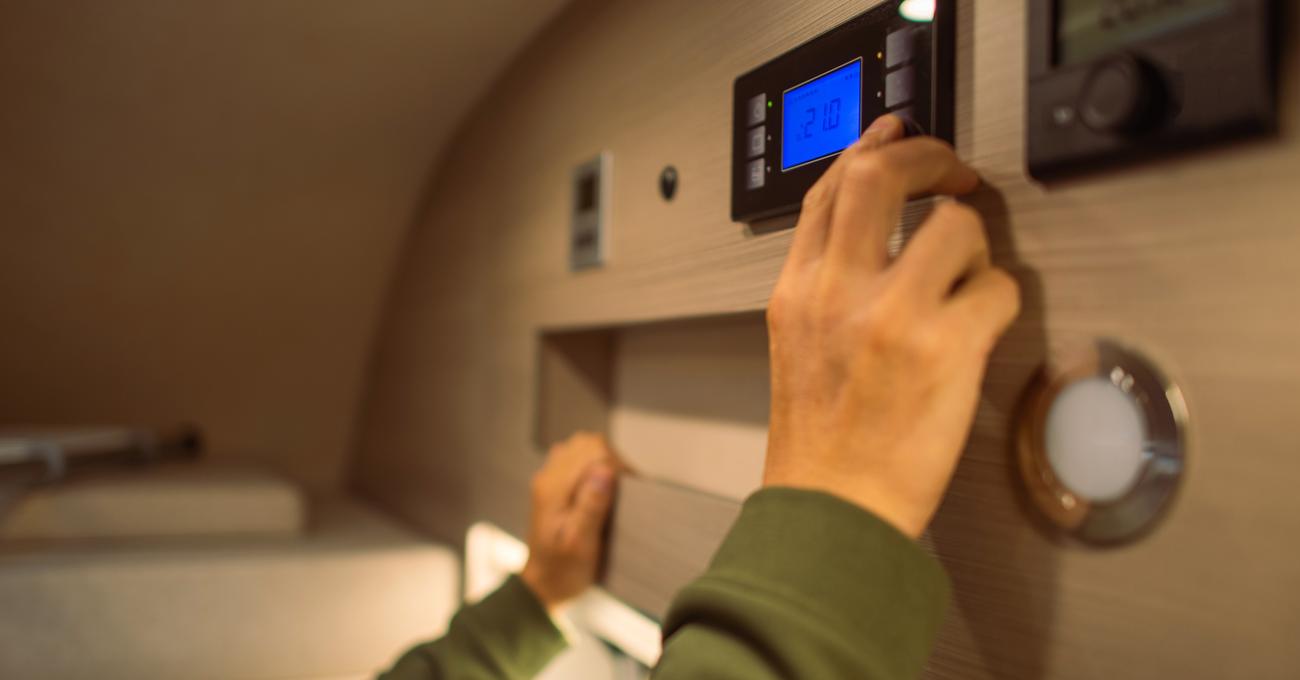

Articles
How Many Watts To Run Rv AC
Modified: September 2, 2024
Looking for articles on how many watts it takes to run an RV AC? Find all the information you need to keep your RV cool and comfortable here.
(Many of the links in this article redirect to a specific reviewed product. Your purchase of these products through affiliate links helps to generate commission for Storables.com, at no extra cost. Learn more)
Introduction
When it comes to traveling in an RV, comfort is key. And one of the biggest contributors to a comfortable trip is having a reliable and efficient air conditioning (AC) unit. Whether you plan to embark on a summer road trip or simply enjoy a weekend getaway, having a properly functioning AC unit is essential to keeping your RV cool and comfortable, no matter the outside temperature.
But have you ever wondered how much power your RV AC unit consumes? Understanding the power requirements of your AC unit is crucial for planning your RV electrical system and ensuring that you have the necessary power supply to run it safely and efficiently.
In this article, we will explore the factors affecting the power consumption of RV AC units and provide you with the knowledge you need to determine the wattage required to run your AC unit. We will also discuss the different power sources that can be used to run your RV AC unit and share some tips for achieving optimal efficiency.
So, if you’re ready to dive into the world of RV AC units and discover how many watts it takes to run one, let’s get started!
Key Takeaways:
- Ensure your RV AC unit runs efficiently by calculating the required wattage based on cooling capacity and energy efficiency. Consider factors like insulation and ventilation to optimize power consumption and prolong the unit’s lifespan.
- Choose the right power source, such as a generator or shore power, to match the wattage requirements of your RV AC unit. Implement tips like maintaining good insulation and controlling airflow to conserve energy and enjoy a comfortable RV experience.
Understanding RV AC Units
Before we delve into determining the power requirements of RV AC units, it is important to understand how these units function. RV AC units are specially designed to provide cooling in a compact and energy-efficient manner.
Typically, RV AC units are rooftop air conditioners that are installed on the roof of the RV. These units consist of two main components: the compressor/condenser unit and the evaporator unit. The compressor/condenser unit is located outside the RV and is responsible for compressing and cooling the refrigerant. The evaporator unit, on the other hand, is located inside the RV and is responsible for blowing cool air into the living space.
RV AC units are powered by electricity and require a substantial amount of power to operate. The power consumption of these units is measured in watts, which indicates the rate at which the unit uses electrical energy. To determine how many watts your RV AC unit requires, several factors need to be taken into consideration.
Factors Affecting Power Consumption
Several factors can impact the power consumption of an RV AC unit:
- Cooling Capacity: The cooling capacity of an AC unit refers to its ability to cool a given space. AC units with higher cooling capacity generally require more power to operate.
- Energy Efficiency: AC units with higher energy efficiency ratings (such as Energy Star certified units) tend to consume less power while delivering the same level of cooling.
- Outside Temperature: The outside temperature plays a crucial role in determining the power consumption of an AC unit. The hotter the temperature, the more power the unit will require to cool the RV’s interior.
- Insulation and Ventilation: The level of insulation and ventilation in your RV can affect the power consumption of your AC unit. Well-insulated and properly ventilated RVs will require less power to maintain a comfortable temperature.
By considering these factors, you can get a clearer understanding of the power requirements for your specific RV AC unit.
Factors Affecting Power Consumption
Understanding the factors that impact the power consumption of your RV AC unit is essential for determining the wattage requirements and ensuring that your electrical system can handle the load. Let’s take a closer look at the key factors that affect power consumption:
- Cooling Capacity: The cooling capacity of an AC unit is measured in BTUs (British Thermal Units) and indicates how much heat the unit can remove from the space per hour. AC units with higher cooling capacities typically require more power to operate, as they need to work harder to cool a larger area.
- Energy Efficiency: The energy efficiency of an AC unit is measured by its SEER (Seasonal Energy Efficiency Ratio) rating. Units with higher SEER ratings are more energy-efficient and consume less power while delivering the same level of cooling. Investing in a high-efficiency AC unit can help reduce power consumption and lower your energy bills.
- Outside Temperature: The ambient temperature outside your RV has a significant impact on the power consumption of your AC unit. In hotter climates, the AC unit needs to work harder to cool the interior, resulting in higher power consumption. On the other hand, in cooler climates, the AC unit may consume less power as it needs to maintain a lower temperature differential.
- Insulation and Ventilation: The level of insulation and ventilation in your RV plays a crucial role in power consumption. Well-insulated RVs with proper ventilation can retain cool air more effectively, reducing the workload on the AC unit and lowering power consumption. It is important to ensure that your RV is properly sealed and insulated to optimize energy efficiency.
- Usage Patterns: How often you use your AC unit and for how long can impact power consumption. If you frequently run the AC unit for extended periods, it will consume more power overall. Consider your usage patterns and adjust your power requirements accordingly.
By considering these factors, you can estimate the power consumption of your RV AC unit and make informed decisions about power management and electrical system upgrades. It is recommended to consult the specifications and documentation provided by the manufacturer of your specific AC unit for more accurate power consumption information.
Calculating the Required Wattage
To determine the exact wattage required to run your RV AC unit, you need to consider the cooling capacity and energy efficiency of the unit. Here’s a step-by-step guide to calculating the required wattage:
- Note the Cooling Capacity: Check the specifications of your AC unit to find the cooling capacity, which is usually measured in BTUs (British Thermal Units). This information is crucial for calculating the power requirement.
- Calculate the Power Requirement: To calculate the power requirement in watts, divide the cooling capacity by the energy efficiency ratio (EER). The EER is typically provided in the AC unit’s specifications. The formula is as follows:
Power Requirement (Watts) = Cooling Capacity (BTU/h) / EER - Consider Additional Power Factors: Keep in mind that the power requirement calculated above represents the minimum wattage needed to run the AC unit. However, it’s essential to account for factors such as the ambient temperature, insulation, and ventilation in your RV. In hotter climates, you may need to add some extra watts to compensate for increased usage.
- Ensure Adequate Power Supply: Once you have determined the required wattage, evaluate your RV’s electrical system to ensure it can provide the necessary power. Check the capacity of your RV’s generator or shore power connection to make sure it is capable of handling the AC unit’s power requirement.
Keep in mind that this calculation provides an estimate of the power requirement for your RV AC unit. The actual power consumption may vary based on changing conditions and usage patterns. It’s always a good idea to have a margin of error and choose a power source that can handle slightly higher wattage than calculated for optimal performance.
By accurately calculating the required wattage, you can avoid overloading your electrical system and ensure that you have sufficient power to run your RV AC unit effectively.
Make sure to check the power requirements of your RV AC unit before purchasing a generator. Most RV AC units require at least 3,000 to 4,000 watts to run efficiently.
Running RV AC Units on Different Power Sources
RV AC units typically rely on external power sources to operate. Here are the main power sources commonly used to run RV AC units:
- Generator: A generator is a popular choice for running an RV AC unit when you are not connected to a shore power source. RV generators come in different sizes and capacities, so it’s important to choose one that can handle the wattage requirements of your AC unit. Generators provide the necessary power to run all electrical appliances in your RV, including the AC unit.
- Shore Power: When parked at a campsite with electrical hookups, you can connect your RV to a shore power source using an electrical cord. This provides a reliable and continuous source of electricity to power your RV appliances, including the AC unit. Ensure that the shore power source can deliver the required wattage for your AC unit.
- Inverter: An inverter is an electrical device that converts DC (direct current) power from your RV’s batteries to AC (alternating current) power. While inverters are commonly used for running smaller electrical devices, they may not be suitable for powering RV AC units due to their high power requirements. Inverter capacity varies, so make sure to choose one with sufficient wattage output if you opt for this power source.
- Solar Power: Solar panels can also be used to generate electricity for your RV. While solar power is a sustainable and renewable energy option, it may not be sufficient to meet the high wattage demands of an RV AC unit. However, integrating solar power with other power sources can help reduce reliance on traditional power sources and minimize energy consumption.
It’s important to note that the power source you choose should be capable of delivering the required wattage for your RV AC unit. Consider the capacity of the power source and match it with the calculated power requirement to ensure there is enough power to run the AC unit efficiently.
Additionally, it’s essential to understand and follow the safety guidelines and operational procedures for each power source. Proper installation, maintenance, and usage of these power sources will help ensure the safe and reliable operation of your RV AC unit.
Read more: How Many Watts Does An AC Unit Use
Tips for Efficiently Running RV AC Units
Running your RV AC unit efficiently not only helps conserve energy but also prolongs the lifespan of the unit. Here are some tips to ensure optimal efficiency:
- Maintain Good Insulation: Properly insulate your RV to minimize heat transfer and maintain a comfortable interior temperature. Use quality insulation materials on your RV walls, windows, and doors to prevent cool air from escaping and hot air from entering.
- Control Airflow: Ensure proper ventilation in your RV by strategically opening windows and installing roof vents to allow hot air to escape. This helps the AC unit work more efficiently by reducing the temperature differential between the interior and exterior of the RV.
- Use Window Shades or Reflective Covers: Block direct sunlight and heat by using window shades or reflective covers on your RV windows. This will reduce the amount of heat entering your RV and lessen the workload on the AC unit.
- Set Thermostat Temperature Wisely: Opt for a comfortable but energy-efficient temperature setting on your AC unit’s thermostat. Setting your thermostat too low not only consumes more power but can also cause unnecessary strain on the unit.
- Utilize Shade and Natural Cooling: Park your RV in shaded areas whenever possible to minimize the impact of direct sunlight. Additionally, use natural means of cooling, such as opening windows during cooler times of the day or using fans to circulate air before relying solely on the AC unit.
- Service and Clean Your AC Unit Regularly: Keep your AC unit in prime condition by scheduling regular maintenance and cleaning. This includes cleaning or replacing air filters, inspecting ductwork for leaks, and ensuring that the unit is free from debris and obstructions.
- Consider Energy-Efficient Upgrades: If your RV AC unit is outdated or inefficient, consider upgrading to a newer model with a higher energy efficiency rating. Energy-efficient AC units can significantly reduce power consumption while delivering the same cooling performance.
By incorporating these tips into your RV AC unit usage, you can minimize power consumption, improve energy efficiency, and enjoy a comfortable and sustainable RV experience.
Conclusion
Understanding the power requirements of your RV AC unit is essential for ensuring a comfortable and efficient experience on the road. By considering factors such as cooling capacity, energy efficiency, outside temperature, insulation, and ventilation, you can accurately calculate the required wattage needed to run your AC unit.
Running your RV AC unit on different power sources, including generators, shore power, inverters, or solar power, provides flexibility and convenience depending on your location and needs. Just make sure that the power source you choose can adequately handle the wattage demands of your AC unit.
To maximize the efficiency of your RV AC unit, implement practices such as maintaining good insulation, controlling airflow, using window shades or reflective covers, setting thermostat temperature wisely, utilizing shade and natural cooling, servicing and cleaning the AC unit regularly, and considering energy-efficient upgrades.
By following these tips, you can minimize power consumption, reduce energy costs, and extend the lifespan of your RV AC unit while enjoying a comfortable and inviting living space during your travels.
So, stay cool, conserve energy, and embrace the adventure of RVing with a well-maintained and efficiently operated AC unit.
Frequently Asked Questions about How Many Watts To Run Rv AC
Was this page helpful?
At Storables.com, we guarantee accurate and reliable information. Our content, validated by Expert Board Contributors, is crafted following stringent Editorial Policies. We're committed to providing you with well-researched, expert-backed insights for all your informational needs.
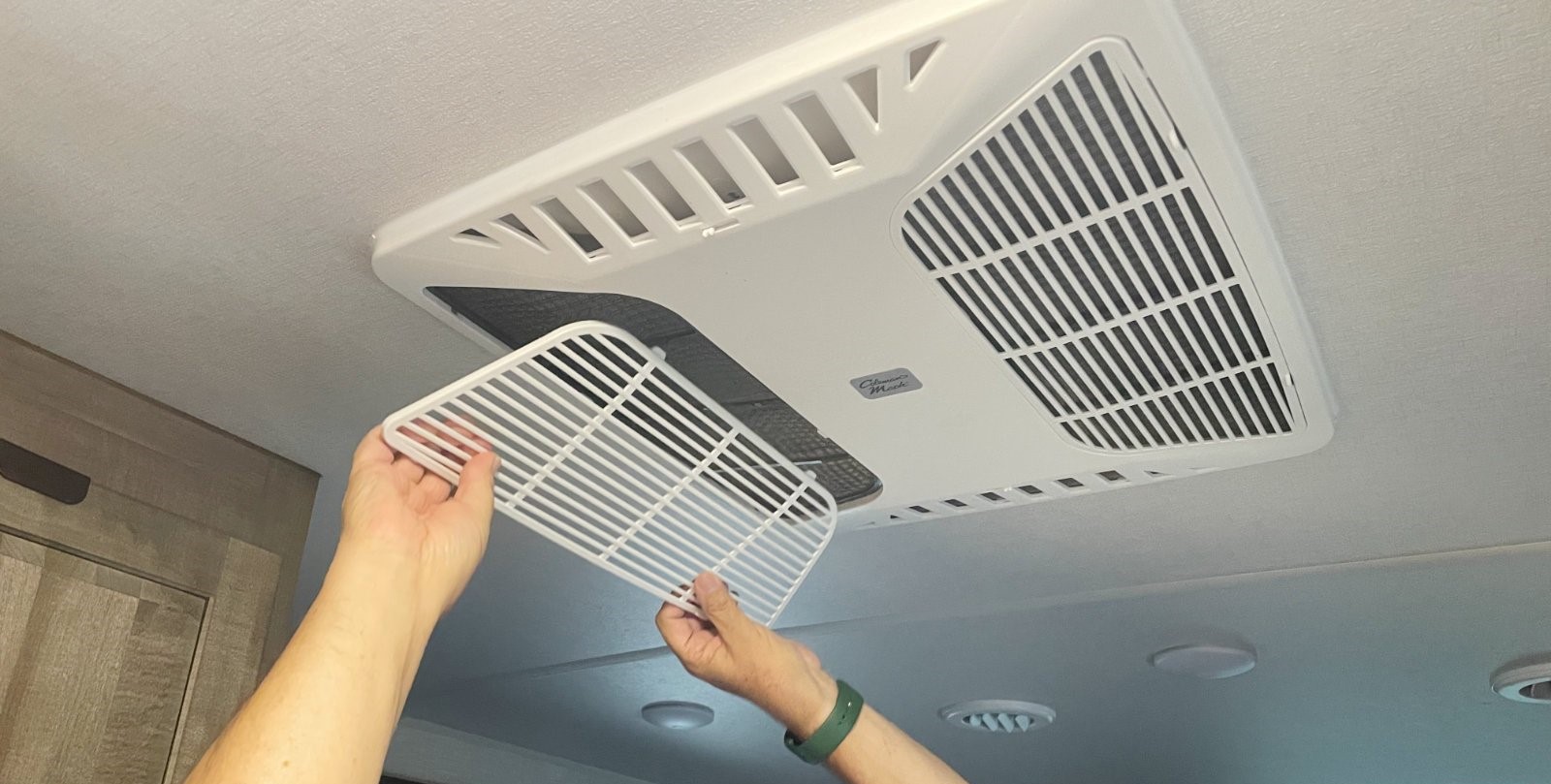
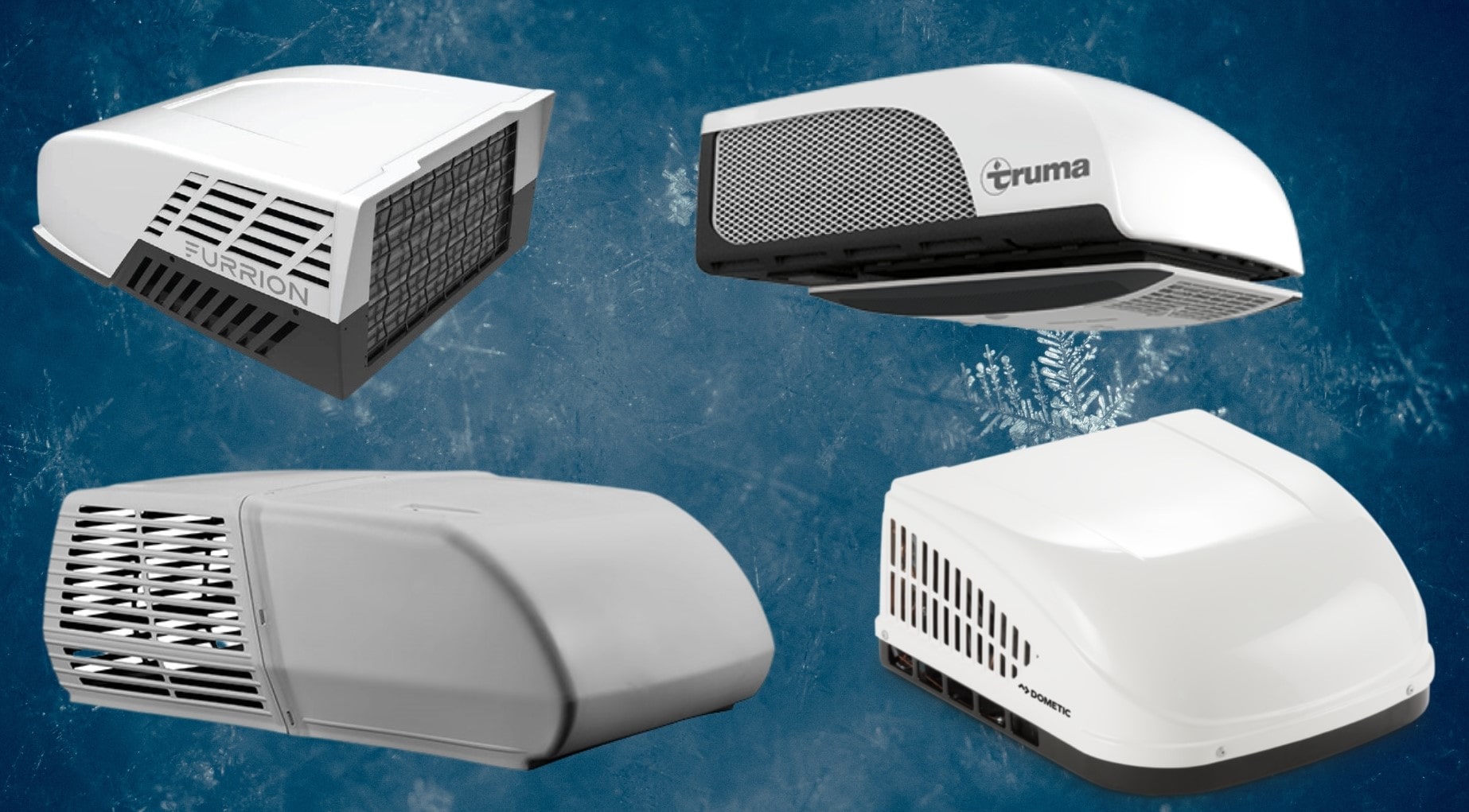
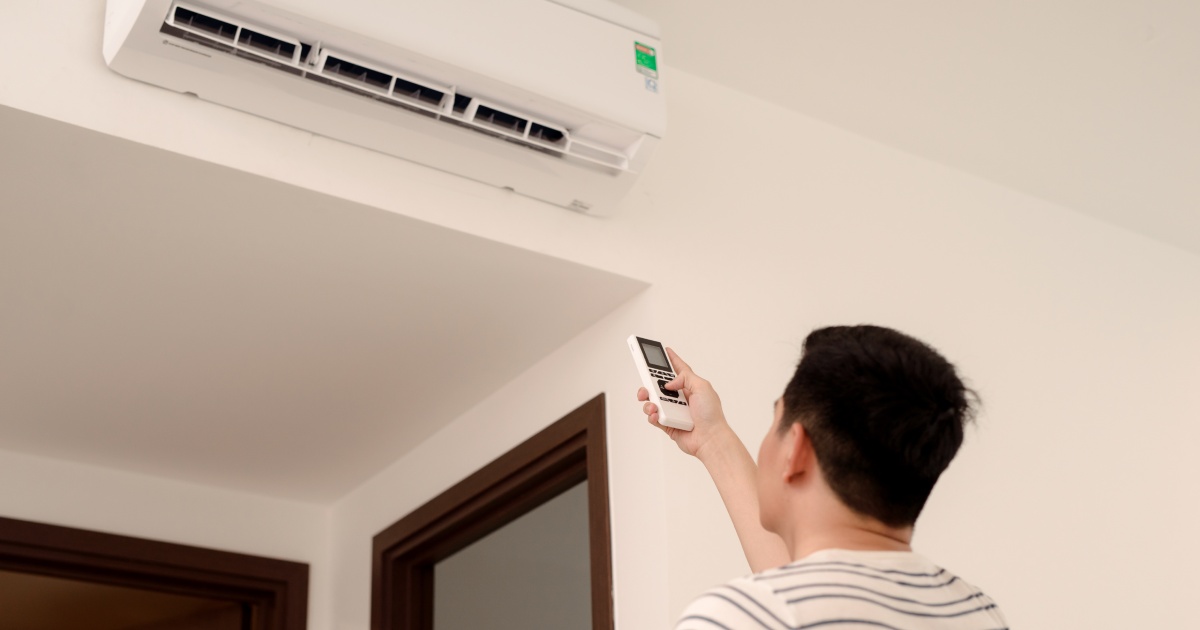
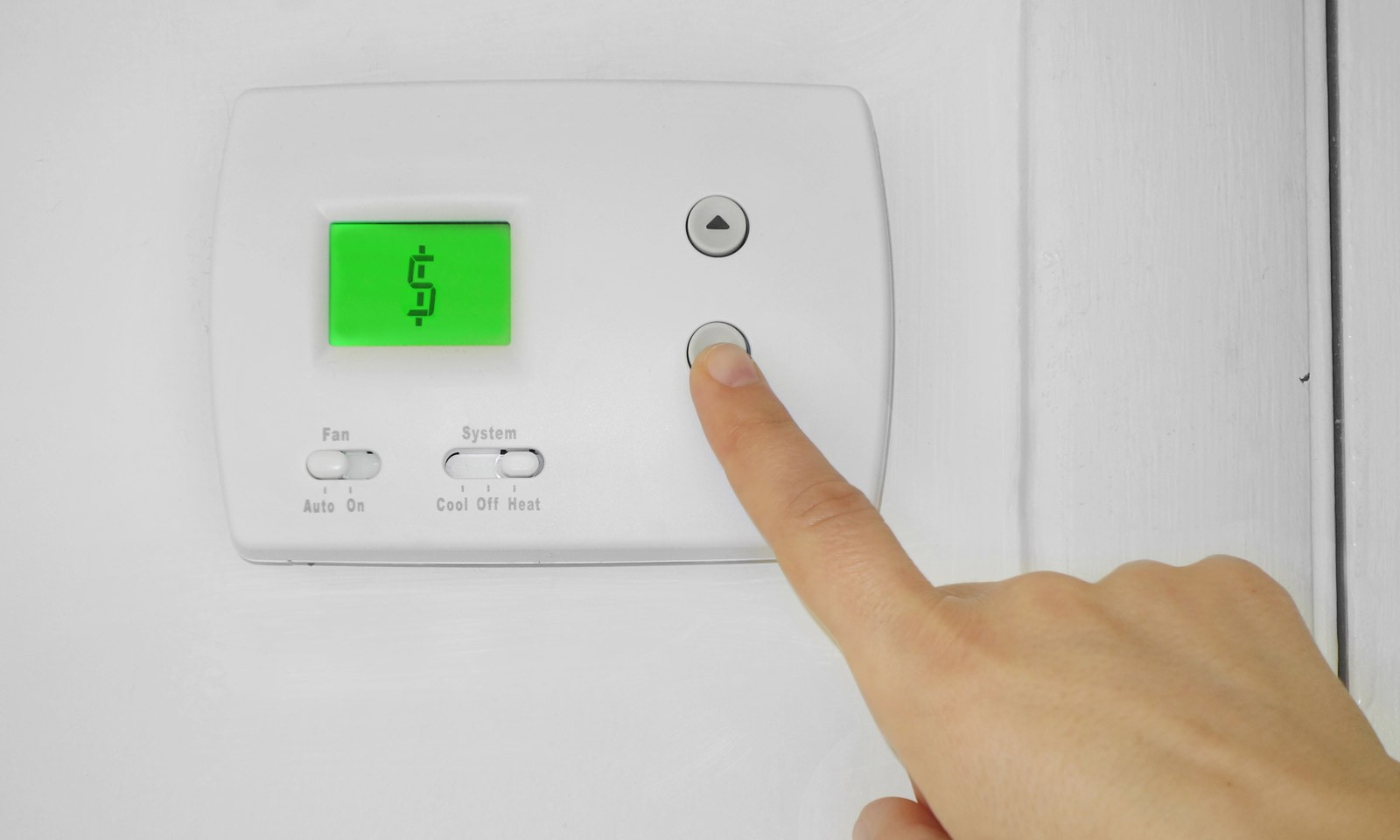
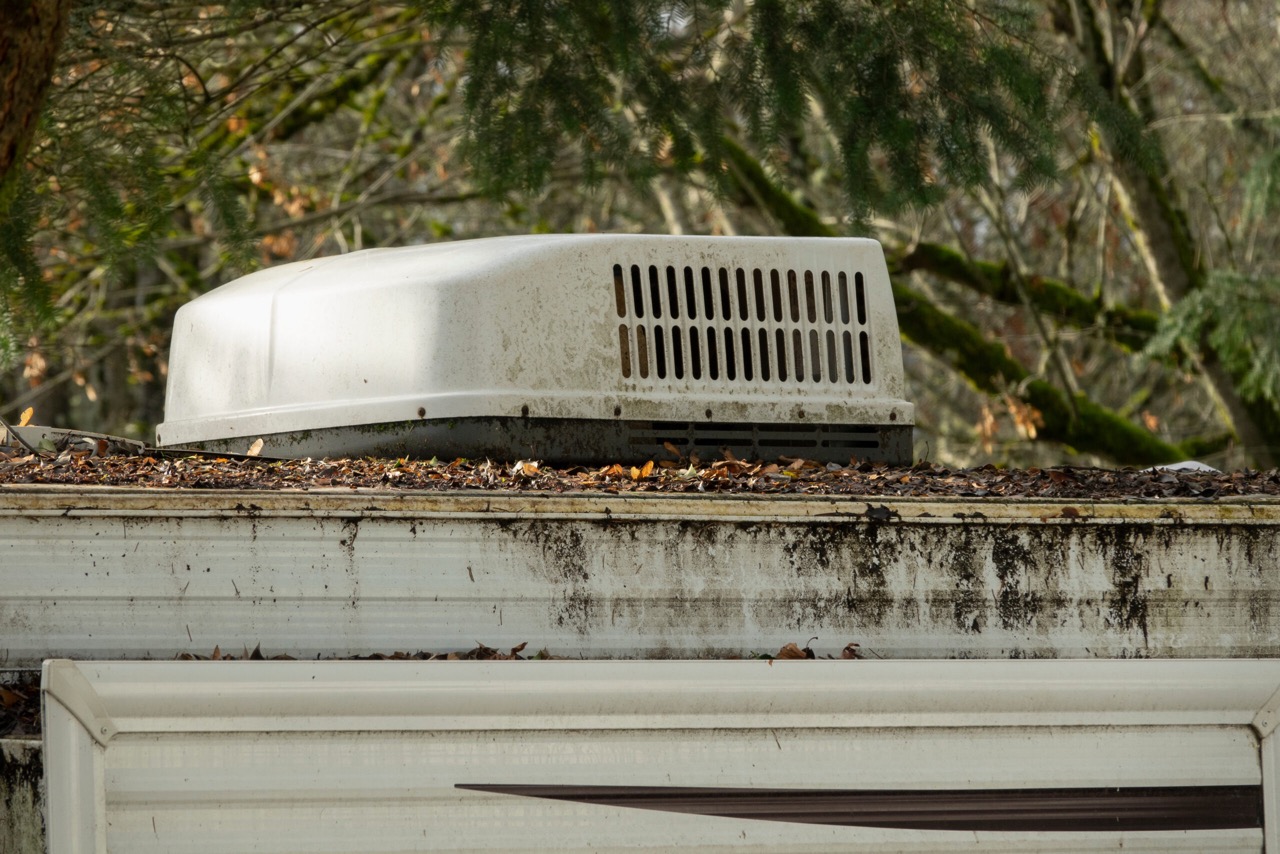


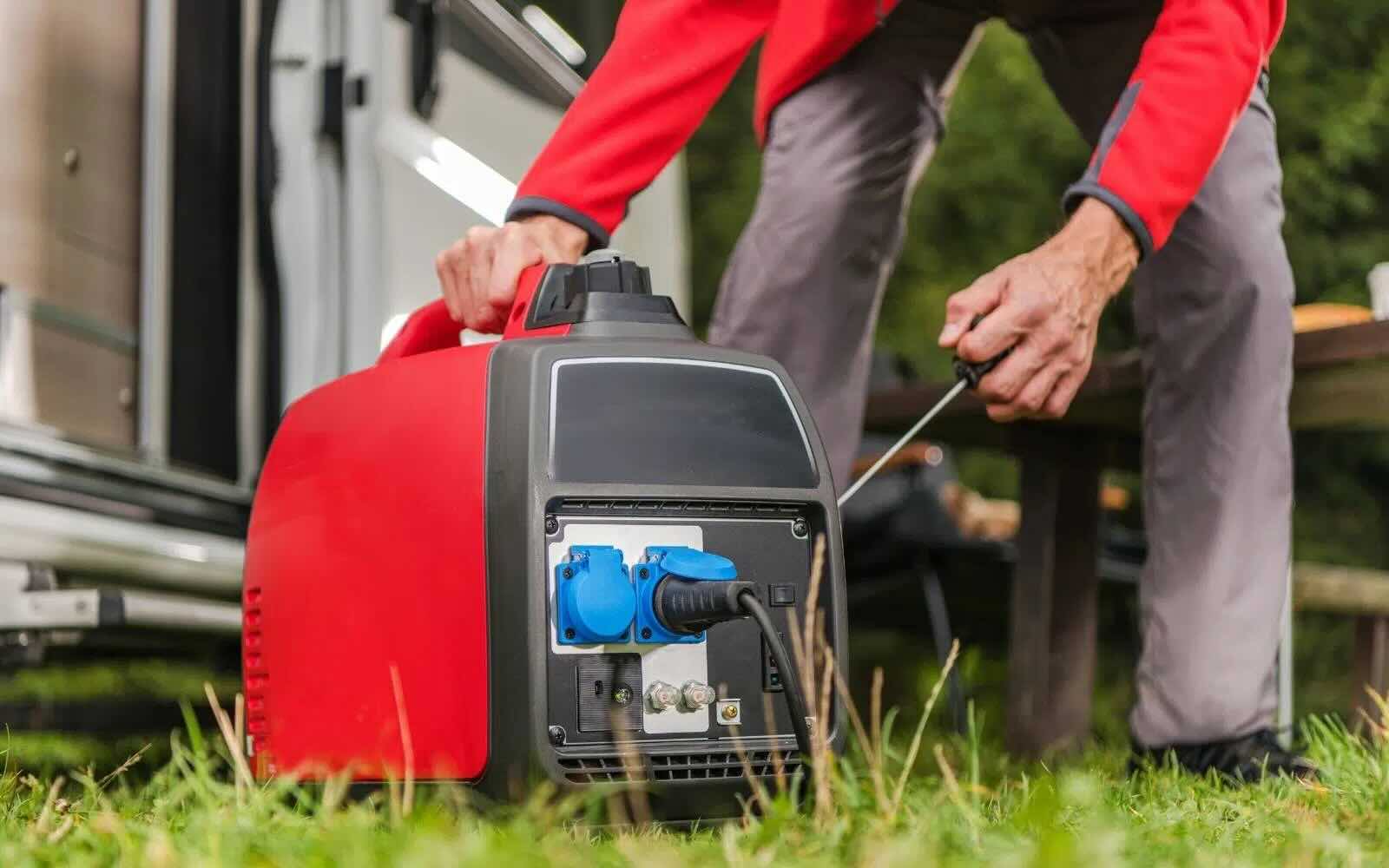

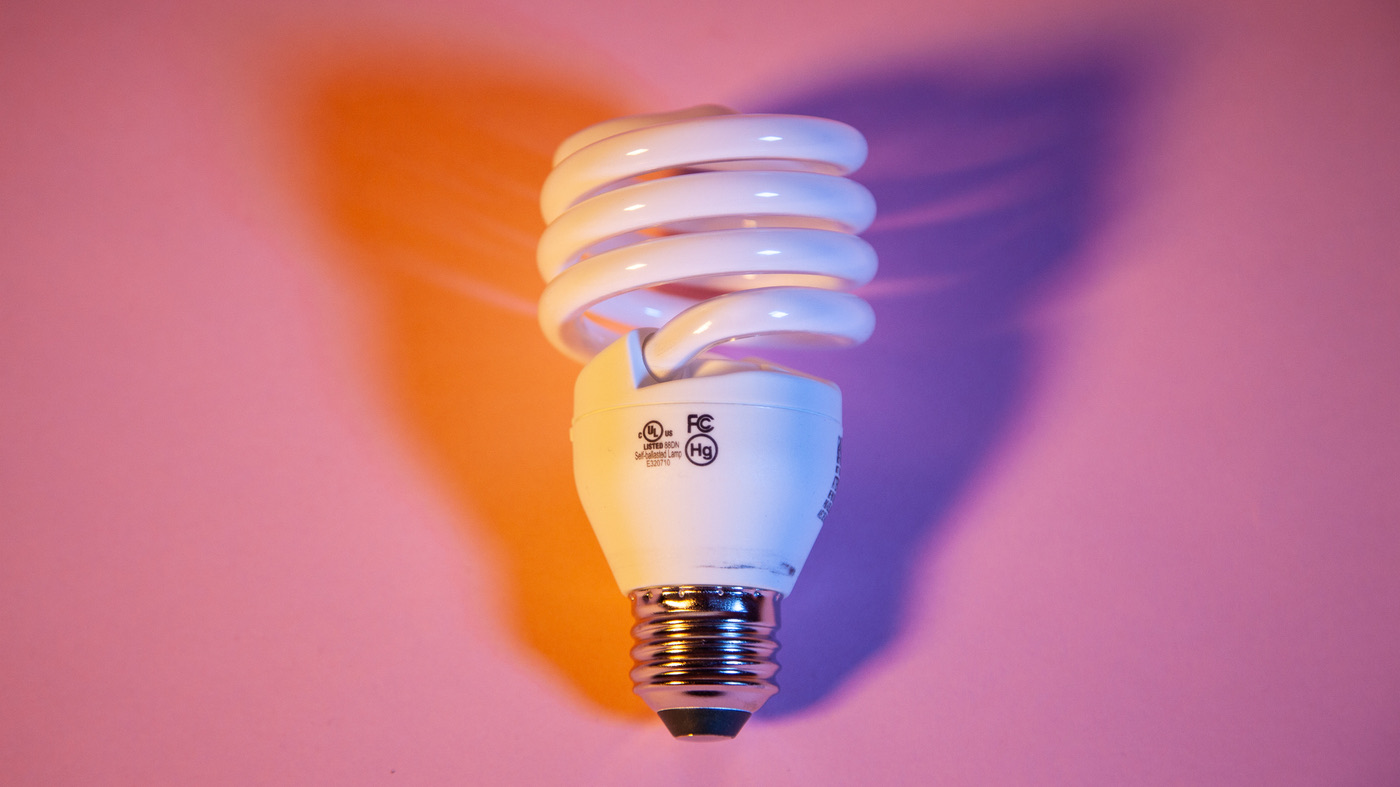
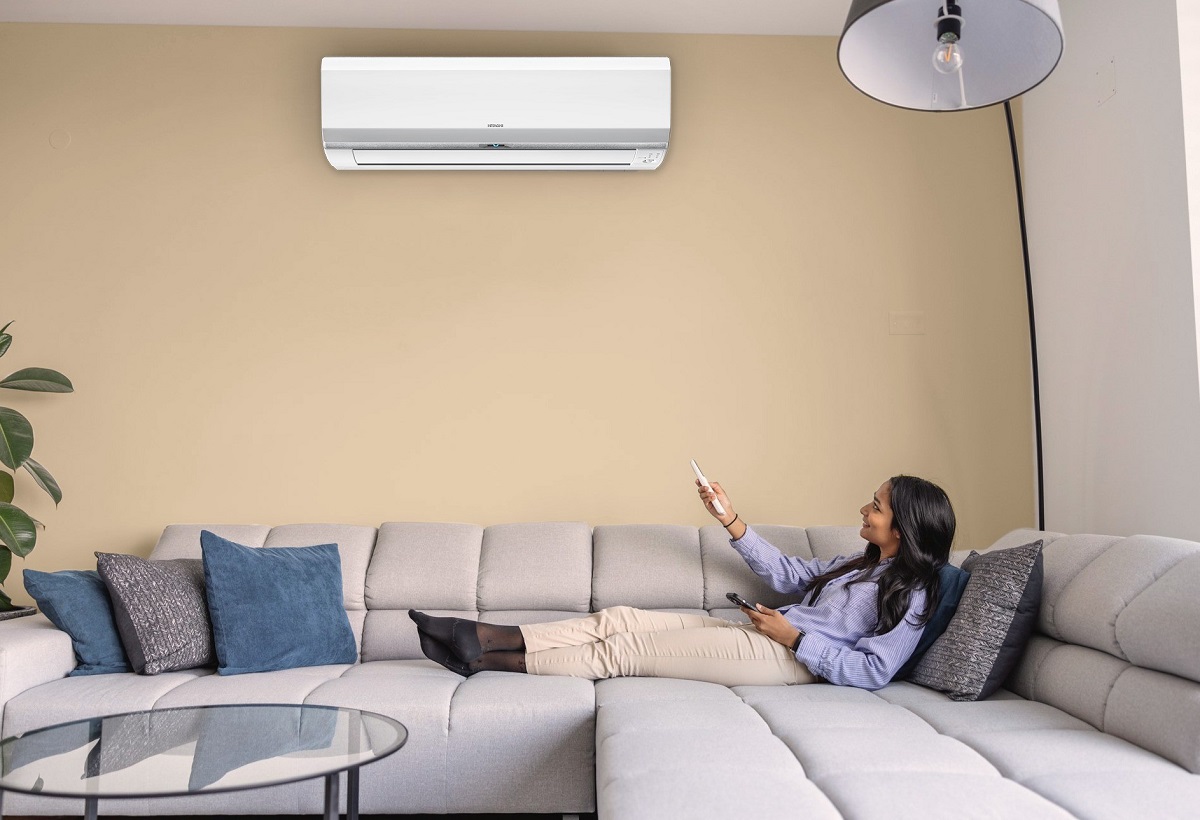
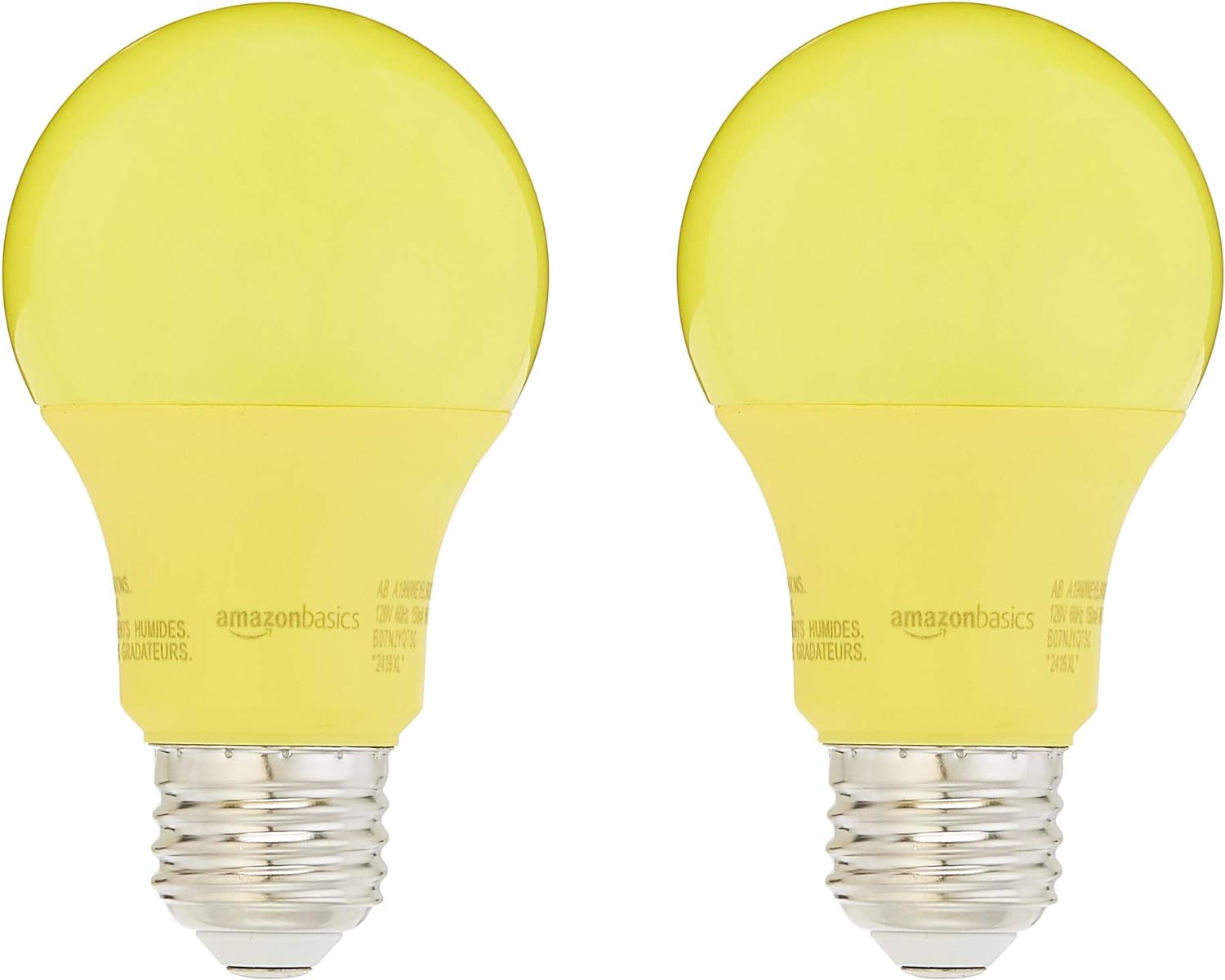
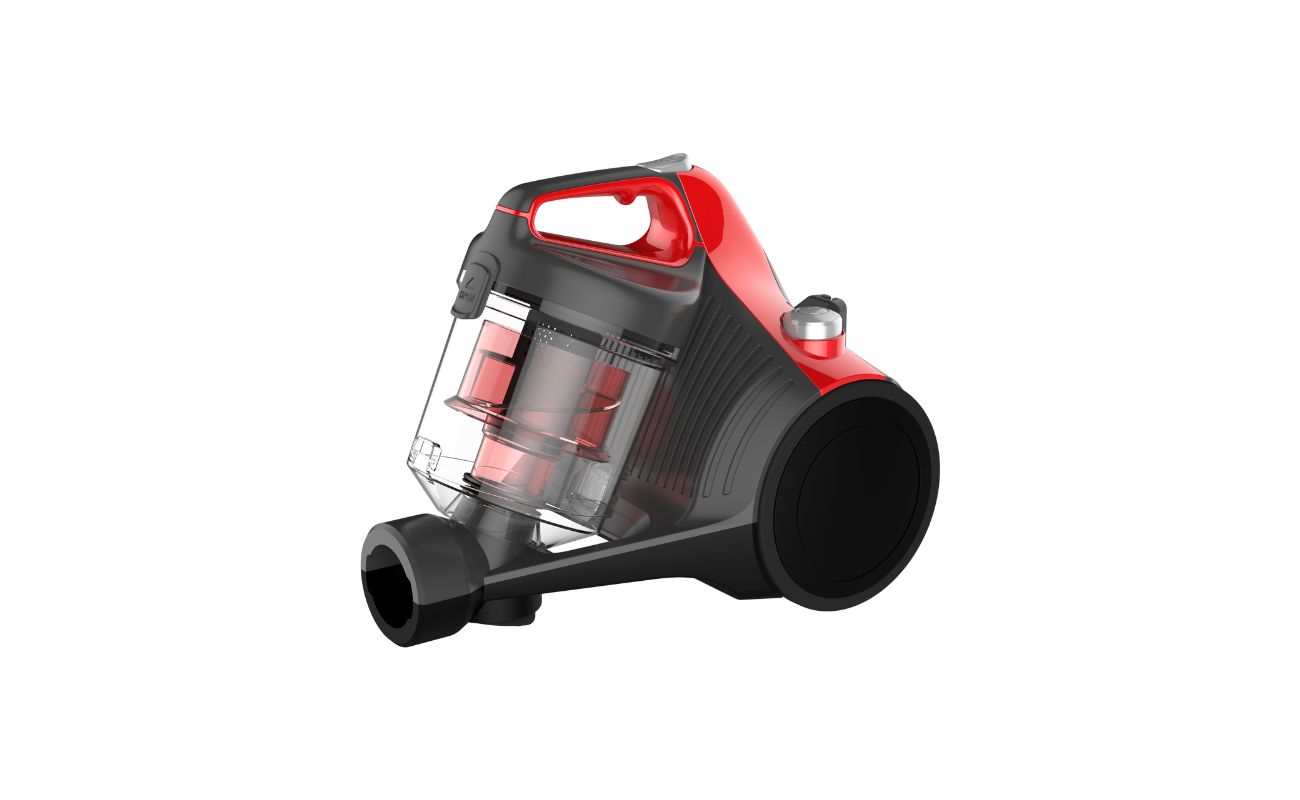
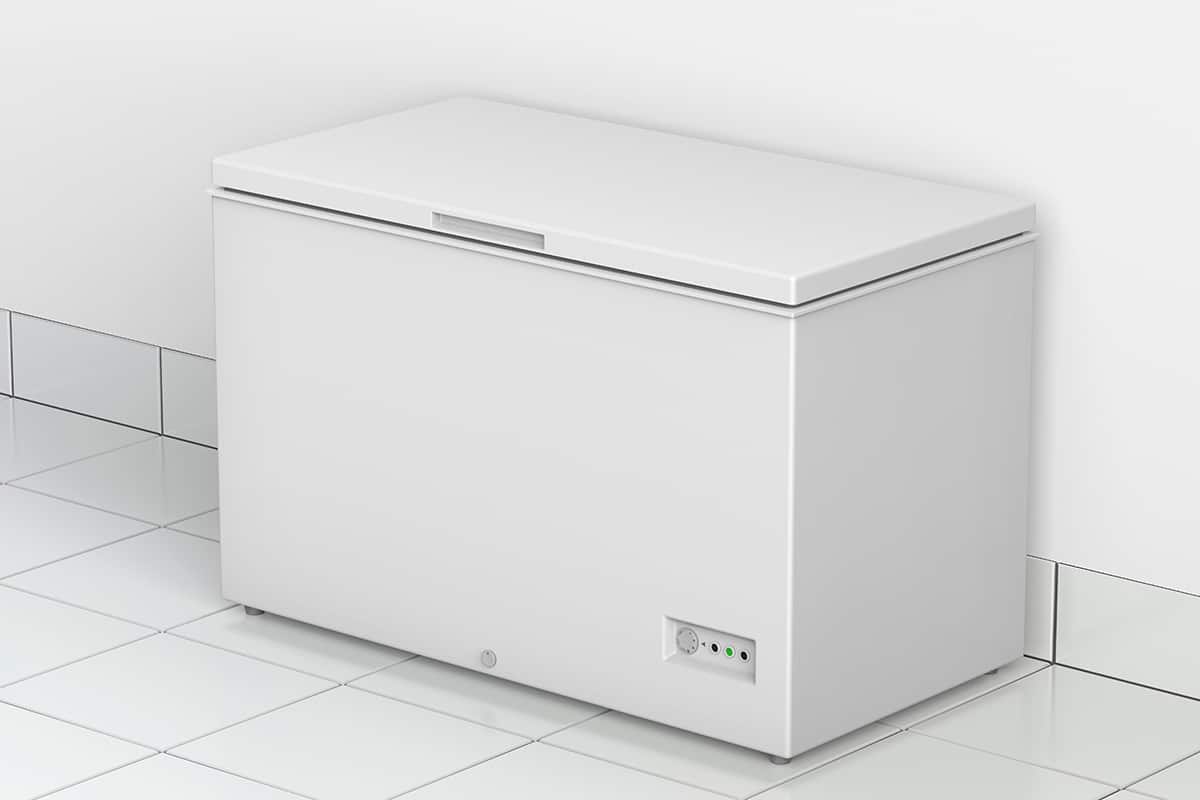

0 thoughts on “How Many Watts To Run Rv AC”